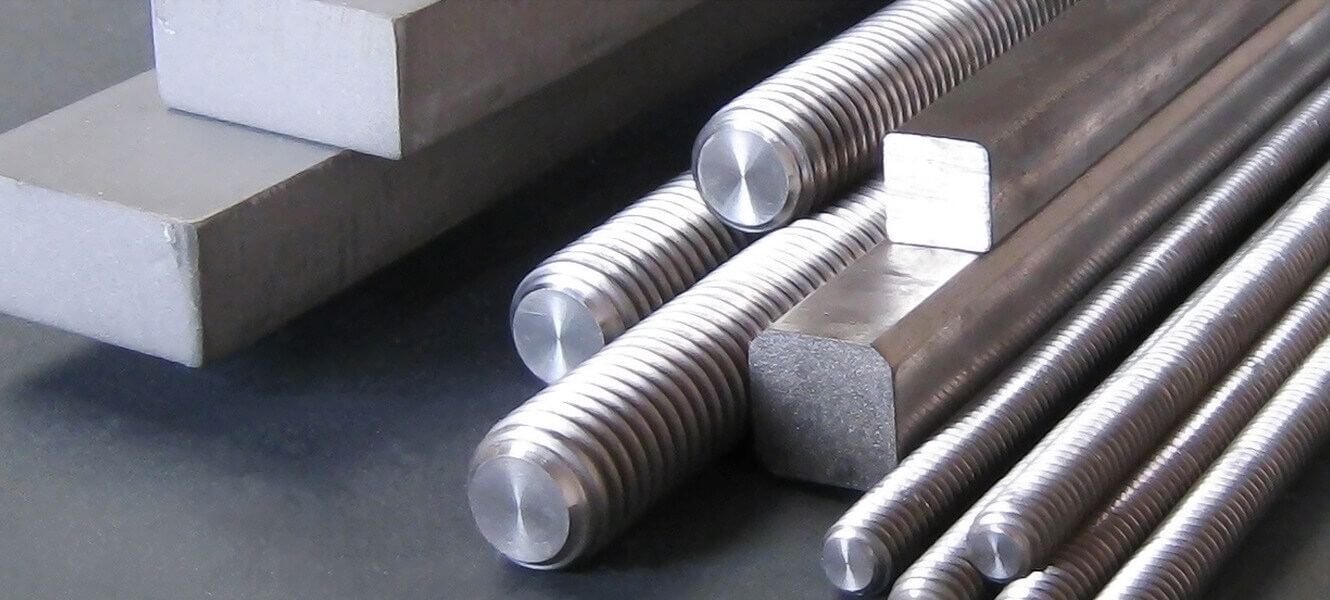Unlocking the Secrets of Titanium A Lightweight Powerhouse
Table of Contents
Dive deep into the fascinating world. Explore its remarkable properties, diverse applications, and unique characteristics in this comprehensive guide.
What Is Titanium?
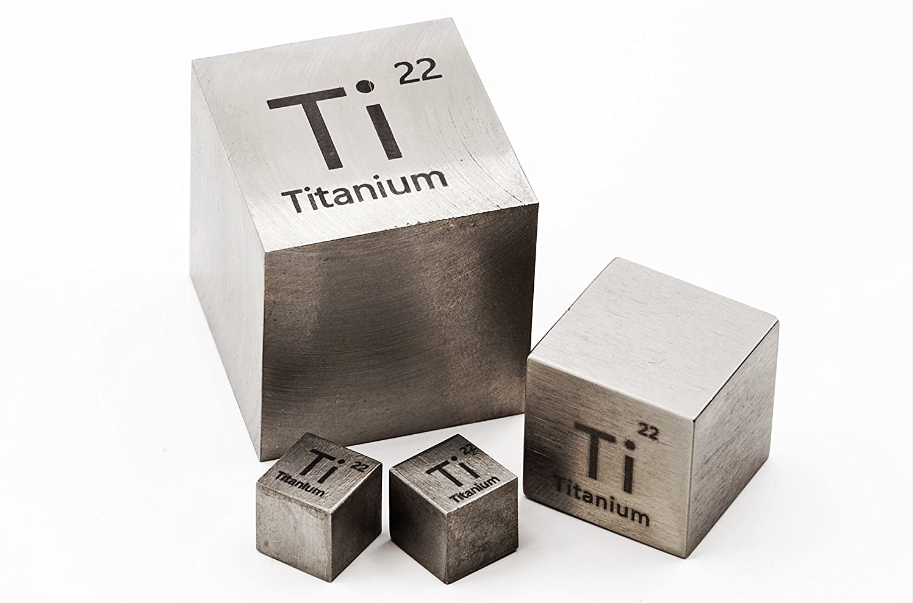
Titanium is a fascinating element with a unique combination of properties. It’s strong and lightweight, making it useful in applications where both are important, like aircraft and spacecraft. It also resists corrosion, meaning it doesn’t rust or break down easily, even in harsh environments. This makes it valuable for things like ships and chemical processing equipment.
Another interesting property is biocompatibility. This means the human body accepts it well, which is why it’s used in medical implants like hip and knee replacements.
Overall, unique mix of strength, lightness, corrosion resistance, and biocompatibility make it a versatile material with a wide range of applications in different industries.
What Is Titanium Made Of?
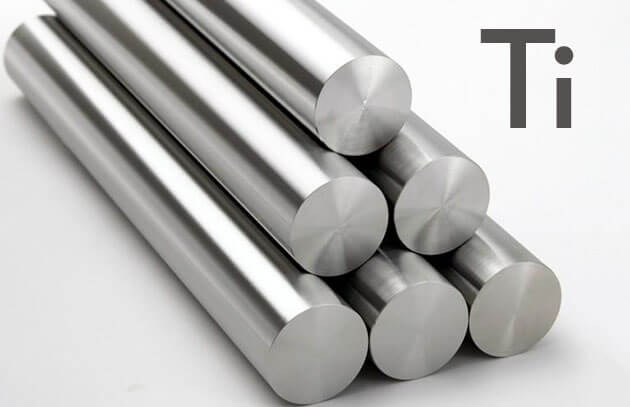
Titanium is a chemical element, which means it’s made up of only one type of atom. So, in that sense, it’s not “made of” anything else. However, it’s rarely found in its pure form naturally. Instead, it’s usually found combined with other elements in minerals.
When Was Titanium Discovered?
The story of titanium begins in 1791 with English chemist William Gregor. While analyzing a mineral sample, he stumbled upon an unknown element, naming it “machine” after the location of his discovery. However, it wasn’t until 1795 that German chemist Martin Heinrich Klaproth independently discovered the same element and christened it after the Titans of Greek mythology, befitting its remarkable strength.
What Is Another Word for Titanium?
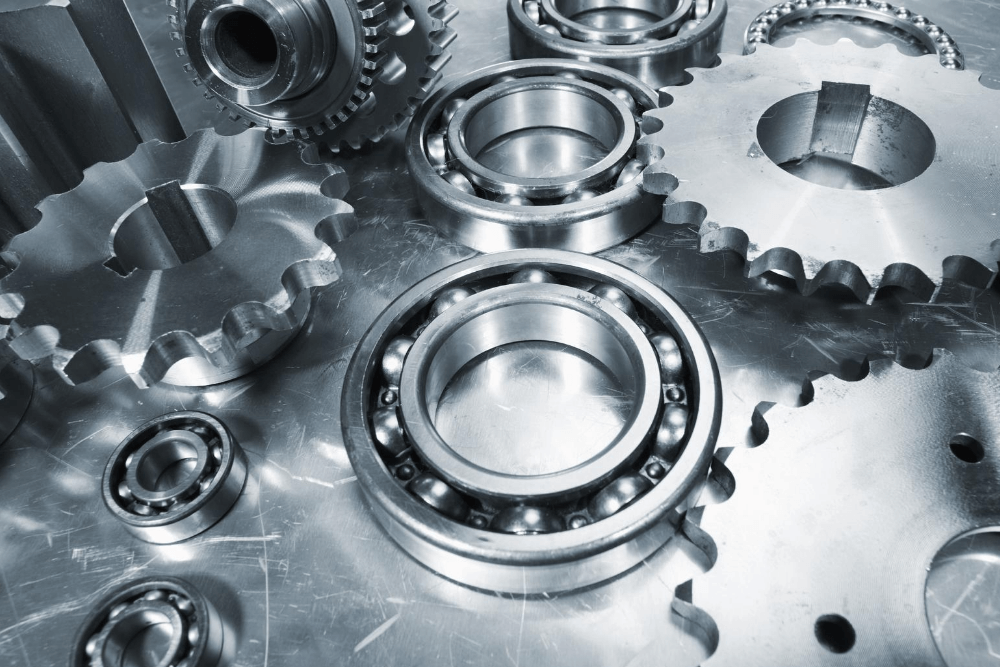
Titanium is occasionally referred to as the “Wonder Metal” or the “aerospace metal” as of its numerous desirable properties for aerospace applications. Titanium’s low density, flexibility, tensile strength, and corrosion resistance all contribute to its name.
What Is the Chemical Symbol for Titanium?
The symbol for titanium is “Ti”.
Key Features Of Titanium
Here are the key features of titanium:
Lightweight: Titanium is significantly lighter than many other metals like steel, making it ideal for applications where weight reduction is crucial, such as in aeroplanes and spacecraft.
Strong: Despite its lightness is incredibly strong, offering an excellent strength-to-weight ratio. This makes it valuable for components needing both strength and minimal weight, like bicycles, prosthetics, and high-performance cars.
Corrosion-resistant: Unlike many metals, titanium doesn’t rust or corrode easily, even in harsh environments like saltwater or around chemicals. This makes it suitable for ships, marine equipment, and chemical processing plants.
Biocompatible: This means the human body readily accepts titanium, making it a popular choice for medical implants like hip and knee replacements. Its biocompatibility also makes it useful in dental implants and other medical devices.
Heat-resistant: Titanium can withstand high temperatures without losing its strength or deforming easily, making it valuable in applications like jet engines, spacecraft components, and high-performance car parts.
What Is the Color of Titanium?
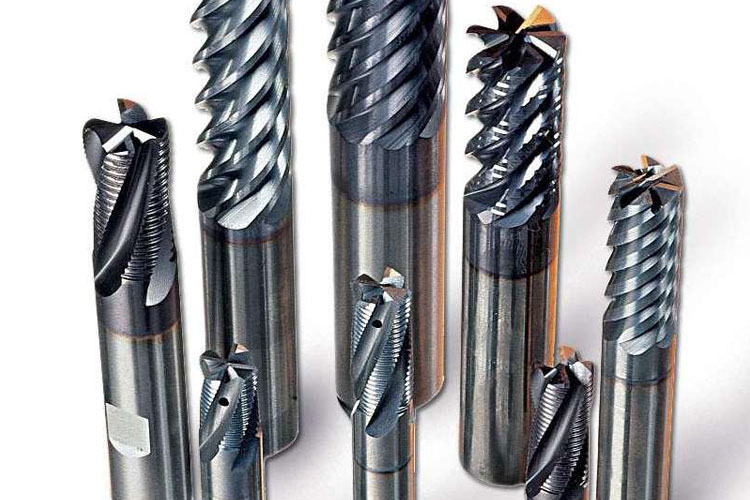
Although naturally a silvery-grey or silvery-white colour, titanium can be manipulated to display a vibrant array of colours. This process, called anodization, involves using an electric current to create a thin oxide layer on the surface of the titanium. By carefully controlling the voltage used, different wavelengths of light are reflected, resulting in a vast spectrum of colours visible on the titanium’s surface. It’s like creating a rainbow on metal!
This process makes titanium an attractive choice for various applications, not just for its inherent properties but also for its visual appeal. You might find colorful anodized used in:
- Jewelry and watches
- Decorative architectural elements
- Sporting goods
- Electronics
- And much more!
So, while titanium’s natural color is quite sleek, its potential for colorful expression is truly remarkable.
Grades of Titanium
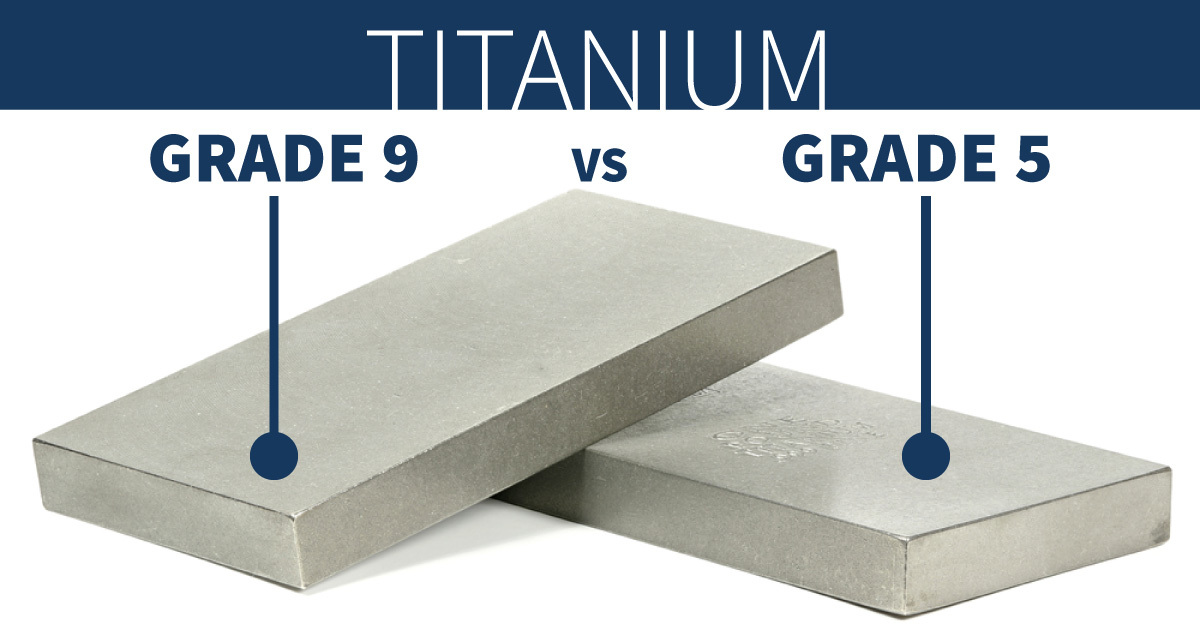
Grade 1 is the softest and most ductile pure titanium grade. It is often used in plating, piping, tubing, and other applications where formability and weldability are critical.
Grade 2 is another commercially pure titanium and is the most commonly used commercially pure grade. It is often used in power generation and petroleum industries as a lining material due to its corrosion resistance.
Grade 3 is the least commonly used pure titanium grade. It is commonly used in cryogenic vessels, condenser tubing, heat exchangers, and other chemical processing equipment.
Grade 4 is the strongest commercially pure titanium. It is commonly used in aerospace, chemical processing, and marine components.
Grade 5 or Ti 6Al-4V is the most commonly used titanium alloy. It is used in the aerospace industry to fabricate engines and structural components
Grade 6 or Ti 5Al-2.5Sn is a titanium alloy containing approximately 5% aluminium, 2.5% tin, and 0.5% iron. It is preferred for higher service temperatures.
Grade 7 is a titanium alloy that is nearly identical to Grade 2 titanium. It has the highest corrosion resistance of all titanium alloys.
Grade 11 is commercially pure titanium similar to Grade 1 and Grade 2. It is commonly used in chemical processing and storage.
Grade 12 or Ti 0.3-Mo 0.8-Ni is a durable, corrosion-resistant, and thermally stable titanium alloy. Because of its durability and resistance to corrosion, it is commonly used in marine components and chemical manufacturing.
Grade 23 or Ti 6AL-4V ELI is considered a purer version of Grade 5 titanium and is often used in dental and medical applications.
Shaping the World with Titanium:
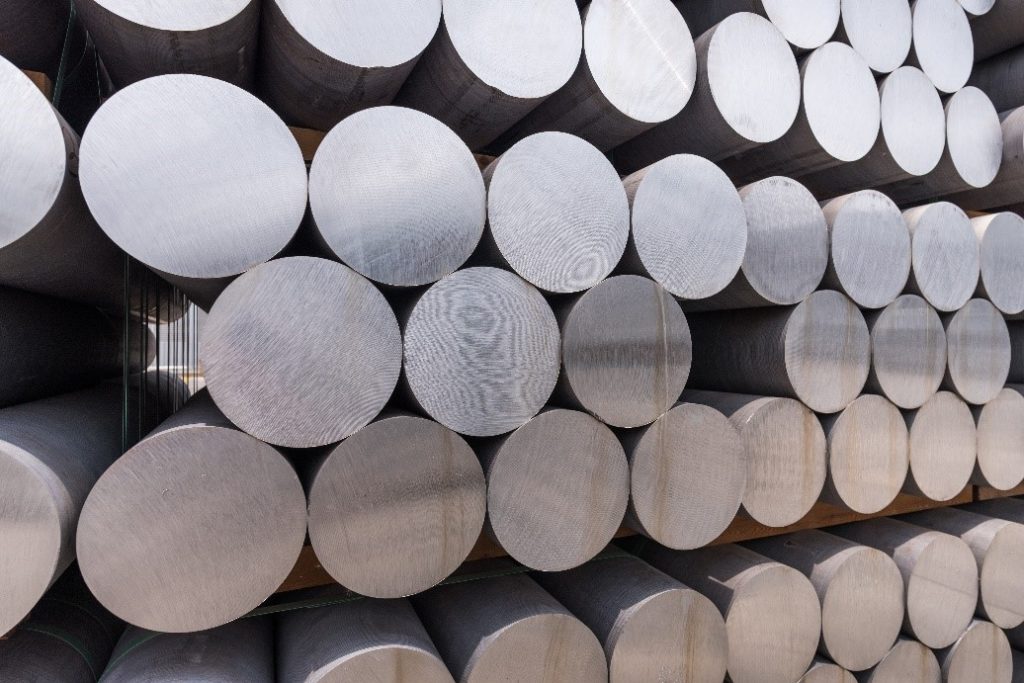
The applications of titanium are as vast as its potential. Here are some key examples:
- Aerospace: From jet engine components to airframes, titanium’s strength and light weight make it a vital material in modern aircraft construction.
- Medical: As mentioned earlier, titanium’s biocompatibility makes it a game-changer in medical implants, offering long-lasting and reliable solutions for patients.
- Chemical Processing: Due to its exceptional corrosion resistance, titanium finds use in various chemical processing equipment, handling even the most aggressive chemicals.
- Consumer Goods: From high-end bicycles and sports equipment to luxury watches and jewelry, titanium’s unique combination of strength, beauty, and durability makes it a sought-after material for various consumer products.
Conclusion:
Titanium, with its unique blend of properties and ever-expanding applications, continues to captivate and inspire. From its humble origins to its diverse roles in shaping our world, this wonder metal holds the potential to unlock new possibilities and redefine the boundaries of what’s achievable.
For More Information Please Visit These Websites Craiyon And Arturia

